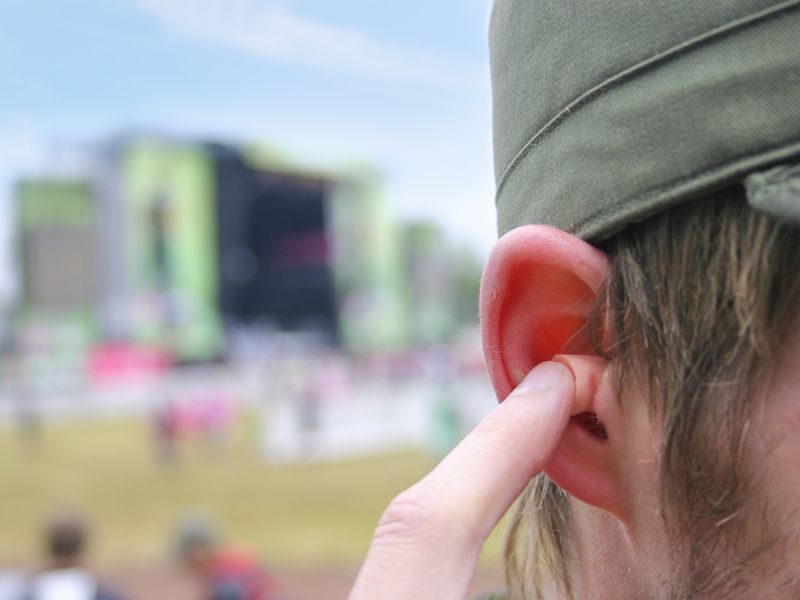
If you’re exposed to loud sounds, say running a lawnmower in your backyard, going to a venue to see your favorite band play, or simply sleeping at home beside a snoring spouse, earplugs can be helpful. Decreasing the sound level is the way earplugs can help in the first two circumstances. They assist in saving your sanity and perhaps even your relationships, in the last situation, by permitting you to get a good night’s sleep. But are these ear protectors, actually, causing harm to your ears?
Why Utilize Earplugs at All?
It’s a fairly simple argument for wearing earplugs: When used properly, earplugs can help to protect your ears by minimizing your exposure to extreme decibel levels. Maybe you’ve observed that your hearing sounds different when you leave a loud venue, say, a football game with a loud crowd, and you may also suffer from symptoms of tinnitus. This happens because those extremely loud noises actually bend the small hair cells in your inner ear. In a couple of days, when the hairs have recovered, it often goes back to normal.
But if you’re exposed to extreme decibels regularly, say you work on a construction crew or at an airfield, the aural attack on those tiny hair cells is constant. In this circumstance, those hairs never get better, they are permanently damaged. inside of each cochlea, there are approximately 16,000 of these little hair cells, but up to 50% of them can be harmed or ruined before your hearing has altered enough for the deficiency to appear in a hearing assessment.
How Might Your Ears be Injured by Using Earplugs?
In terms of safeguarding your ears, it seems like it would be a no-brainer to use earplugs. But primarily if you’re in situations where you’re exposed to loud noises every day (like on the job or when your spouse snores as mentioned), over-the-head earmuffs or noise-reducing (but not completely blocking) headphones are a better choice. Earplugs are better suited to one-off scenarios like a sporting event or concert than for regular use.
Why? The first problem is, earwax. Your ears produce wax to defend themselves, and if using earplugs is something you do all of the time, more earwax will be generated, and you’ll probably push it in with the plugs. This can lead to issues like impacted earwax, which can cause tinnitus and other hearing problems.
An ear infection can also result from overuse of earplugs. If you frequently use the same pair, and you don’t clean them properly from use to use, they can become breeding grounds for bacteria. Certainly, ear infections are a disruption to your day to day life. But at the worst-case-scenario end of the scale, they can also result in a loss of hearing if left untreated.
How Can You Safely Utilize Earplugs?
Earplugs still have a strong positive, whether it’s safeguarding your ears or enjoying a peaceful night’s sleep. You just need to be sure you’re using the proper kind and using them the proper way. The porous material of foam earplugs is a germ paradise so it’s a helpful thing that they are the least expensive. Don’t put wax or silicone earplugs back in your ears until they are thoroughly dry after using warm water to completely sanitize them. Accumulation of dampness can cause mold and bacteria so keep your earplugs in a well ventilated place.
If you need or want to use earplugs on a regular basis, you may want to consult us about having custom-made earplugs. They are comfortable because they’re made from molds of your ears and they are reusable. Again though, to protect against any potential hearing problems, it’s important to practice smart earplug hygiene!
